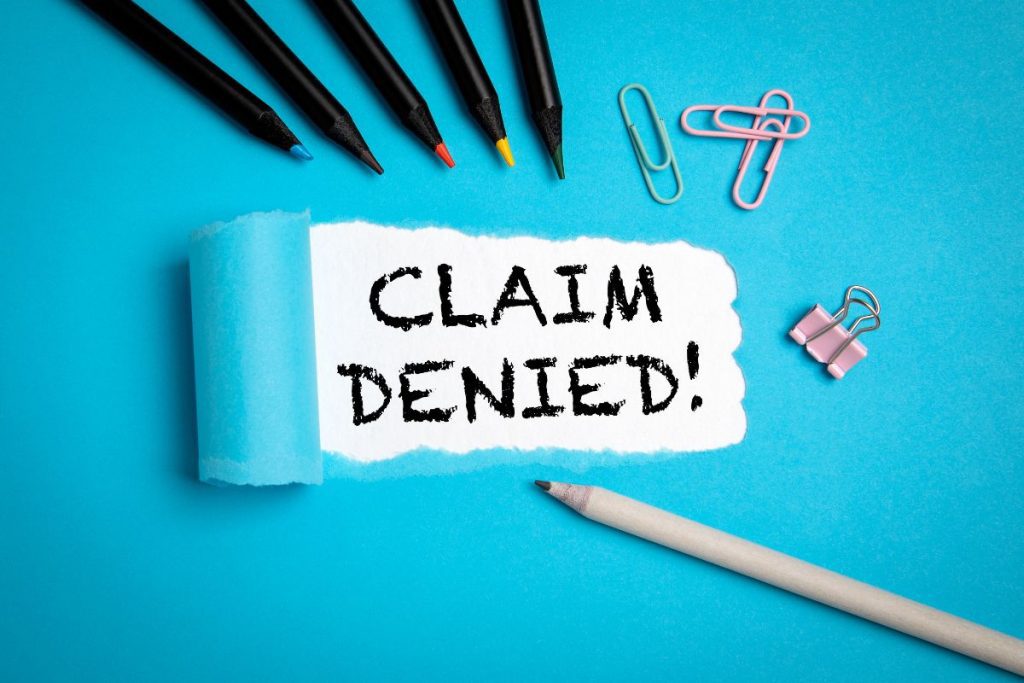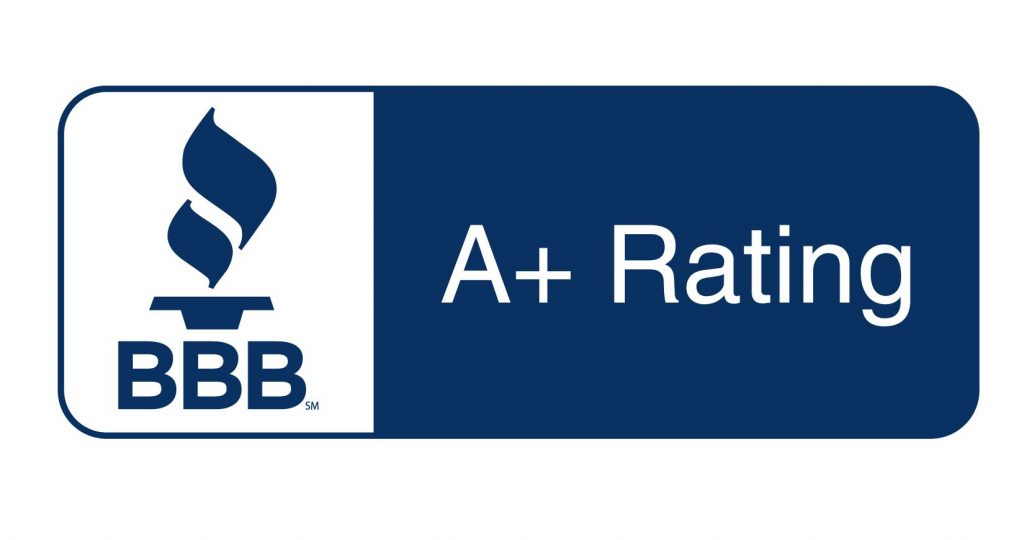Has your doctor ever told you that you need prior approval from your insurance before getting a medical procedure? This practice is common with both group health insurance plans as well as Medicare plans, especially Medicare Advantage plans. A prior authorization, or pre-approval, is something that is sent to your insurance before a procedure to ensure payment. Medicare only pays for “medically necessary” services, and a prior authorization helps determine if Medicare will pay or if you’ll be responsible for the bill.
Today, we’re going to help you understand how prior authorizations work with Medicare.
When Are Prior Authorizations Used in Medicare?
Regardless of what kind of Medicare plan you have (Original Medicare versus Medicare Advantage), your doctor might want to submit a prior authorization before going through with a service or prescribing treatment. It is their responsibility to submit all required documents to your insurance carrier, so it won’t require work on your part.
If you find yourself in need of urgent treatment, you should stay in close contact with your doctor’s office and insurance company. In most cases, an approval (or denial) will come within five to ten business days. As soon as you get the approval, you can schedule the needed treatment.
If Medicare denies the prior authorization, you may need to work with your doctor to submit additional paperwork. Of course, you can also proceed without approval if you’re willing to foot the bill.
Fortunately, this doesn’t apply to all treatments, nor does it apply to emergency services. Let’s take a closer look at the different types of Medicare coverage and explain which ones require more prior authorizations.
Original Medicare, Medigap, and Prior Authorization
In years past, the Social Security Act had excluded Medicare services performed under Medicare from requiring any prior authorizations. Later amendments introduced provisions for prior authorizations for certain services, especially durable medical equipment.
Outside of that, running into the need for prior authorization under Original Medicare (meaning Parts A and B) is rare. You may find yourself needing one to get certain prescriptions that fall under Medicare Part B, which include medications given to you by your physician.
Medigap plans, also called Medicare Supplement plans, follow the same rules as Original Medicare. As long as Medicare approves a service, the Medigap plan will as well. They will not require prior authorization for something that Medicare has already approved.
Medicare Advantage and Prior Authorization
Prior authorizations are much more common if you are enrolled in a Medicare Advantage plan. Since these plans are provided by private insurance carriers, they do not follow the same rules as Original Medicare. It’s not uncommon to need pre-approval for inpatient hospital visits, durable medical equipment, and skilled nursing facility care. As a general rule of thumb, services with higher costs are more likely to require prior authorization.
Requirements vary between plans, so you’ll need to consult your policy to find out when prior authorizations are required.
Medicare Part D and Prior Authorization
Medicare Part D covers prescription drugs, typically those obtained from your pharmacist. You can have a stand-alone Part D plan or have it included in your Medicare Advantage plan. Either way, you may run into the need for prior authorization.
Each Part D plan has a drug formulary, which is the list of covered medications. Some of the covered prescriptions have restrictions, including a pre-approval requirement. The reason many insurance carriers have this policy is to assess potential drug interactions and to make sure you’re given the option for a less expensive drug when one is available. The insurance carrier may suggest a more cost-effective alternative medication with equivalent efficacy.

Why Does Medicare Use Prior Authorization?
Many people want to know why some Medicare plans require prior authorization. It can seem like a hassle to many people, and it can delay necessary treatment. So, what’s the point?
One of the main reasons Medicare requires pre-approvals is to manage and decrease costs. By verifying that certain procedures or medications are genuinely necessary, the insurance company can prevent unnecessary spending. This benefits both the carrier and the enrollee.
Another reason for prior authorization, unfortunately, is due to fraud. Certain services like durable medical equipment have historically been known for fraudulent claims. Prior authorizations help combat this fraud and ultimately prevent premiums from spiking due to illegal activity.
Of course, this process is sometimes a double-edged sword. The added layer of bureaucracy can delay treatment, which leads to frustration for both you and your providers. It’s not uncommon for patients to forgo treatment altogether simply because of the lengthy approval process.
The best way to avoid this is to be prepared. Read over your plan’s policy documents so you are familiar with which medications or services may require prior authorization. This way, you’ll stay on top of your treatment and can help your providers submit necessary documentation in a timely manner.





